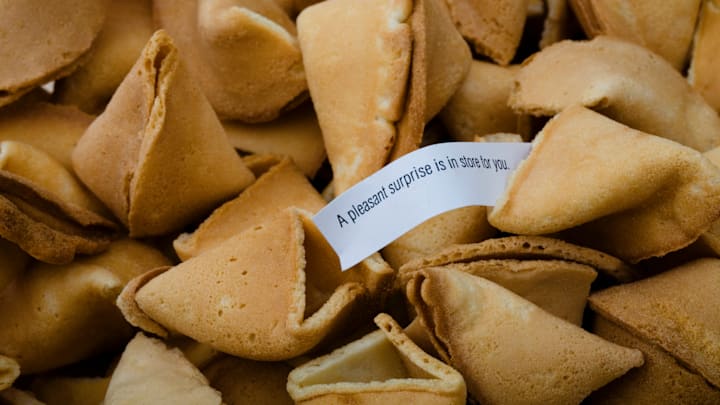The conversation surrounding artificial intelligence and the ways in which it could change media, art, and news is evolving rapidly. What few anticipated is that one of the first major controversies over AI-assisted content creation would involve your next Chinese restaurant order and the fortune cookie.
The Wall Street Journal author Angus Loten recently examined the landscape of short-form platitudes and how their ponderous quality makes them perfect for AI software. ChatGPT may not be able to write an Oscar-winning film (yet), but it’s apparently capable of spitting out vague bits of homespun wisdom.
OpenFortune, which deals exclusively in the tiny tickers of printed messages lurking in the clamshell cookies, is now using ChatGPT to produce them. The company can compose a fortune in seconds, as opposed to a human’s efforts to write a concise pearl without repeating themselves. OpenFortune also works with more than a dozen cookie factories, meaning that there’s a reasonable chance your next fortune could be the result of a computer.
As the Journal reports, not all cookie companies are embracing the change. Wonton Food of New York is reluctant to adopt software, with VP of sales Derrick Wong citing concerns over potentially offensive messages or setting program limits that might prove too constraining. Too narrow a program, Wong says, and the messages might be “boring.”
Wonton Food keeps an inventory of 15,000 messages and hopes to add another 5000—all written by humans. But with an estimated 3 billion cookies produced by the industry annually, having an inexhaustible supply of fortunes may eventually prove too tempting to ignore.
[h/t Food & Wine]
